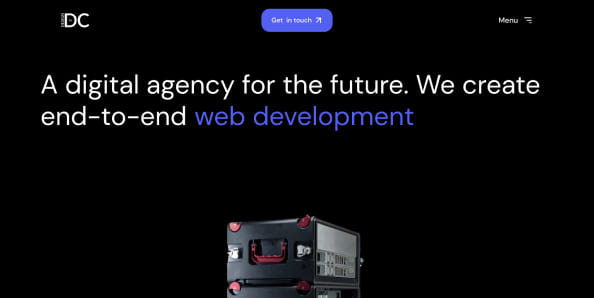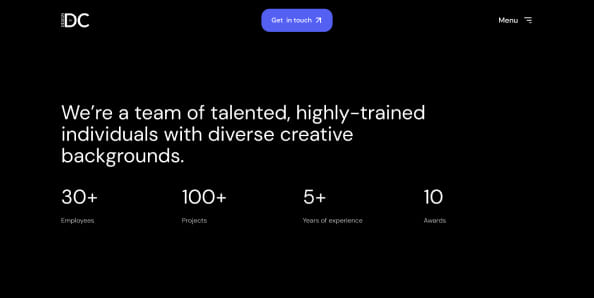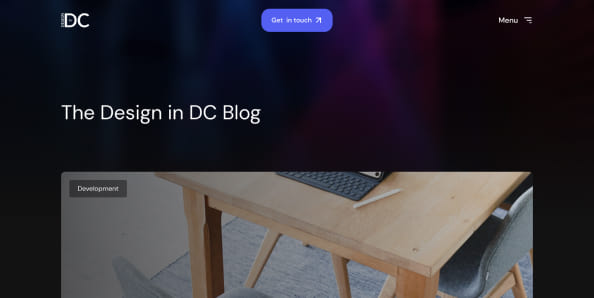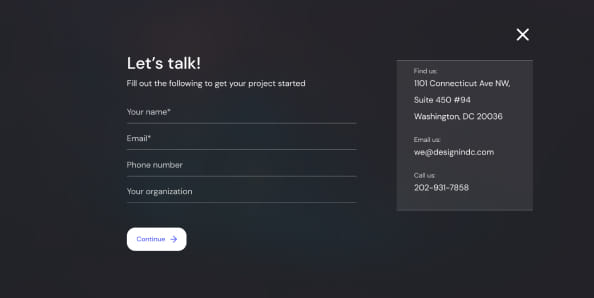Checkout Page Design Strategies to Increase E-Commerce Sales
The sad truth is that most e-commerce businesses fail.
In fact, around 80% of e-commerce businesses never make it. The market is saturated. But then again, the market is saturated with a lot of bad e-commerce websites.
Most e-commerce sites aren’t very user-friendly. It takes a lot to stand out against juggernauts like Amazon that are vying for people’s dollars, not to mention have a site that people like to use.
One of the big missteps that e-commerce businesses can make is not optimizing their checkout pages. But the good news is that there are a lot of small (but significant) things that you can do to encourage shoppers to complete their checkouts.
What are the to-dos when building a checkout page that encourages people to complete their purchases?
1. You can display a visual checkout process that shows the progress that the buyer is making until they complete the sale.
Show all of the steps that are going to happen so that process feels buying like it’s going to end eventually.
Show visitors what to expect during checkout. Use simple graphics. I personally like showing a progress bar to visualize this.
2. In some cases, if you can make your checkout page just ONE page, you’ll encourage more people to finish making the purchases. This works with certain types of products.
I have seen single-page checkouts work well with products are low-cost and “impulse-buy” purchases.
Other types of products might actually perform better with multiple checkout pages. But make sure you A/B multiple types of checkout pages.
Shoppers will be more inclined to complete this section after everything else is finalized, so ask the more laborious questions last, like credit card information. The question is, are your customers more inclined to be impulsive or deliberate?
3. Don’t wait on disclosing things like shipping. I’ve seen too many people make it all the way to the end of the checkout process only to be disappointed by the surprise shipping costs and opt out.
So make sure you indicate the shipping methods and costs right on the checkout page.
Consider a zip code/shipping calculator or flat rate shipping clearly stated on the product detail page.
4. Don’t make people create an account if they don’t want to.
Give visitors the option to create an account after checking out. You’ll still get the information you need, as people want to track their purchase after the order.
So collect that information after the purchase has been made. That being said, you should capture the shopper’s email EARLY in the process, since you have a point of contact in case they abandon their shopping cart.
5. Make sure your page (or pages) are de-cluttered. Limit the amount of information you ask from the shopper. And take advantage of smart forms.
Smart forms can pull in location information. There’s Google auto-fill that can help with faster checkouts. Take advantage of that.
It can even auto-fill credit cards. Another great thing to think about to cater to the impulse-buys.
6. Try to make sure that you aren’t using a third-party checkout provider when possible and everything is kept on your website.
I see this sometimes with websites where shoppers are taken to a third-party checkout provider, rather than keeping the customer on the same domain.
This can disrupt the flow that the shopper was having in the checkout process. It’s worth it to make sure that you have your own checkout page with a secure SSL.
What are some subtle things you can do to entice people and make them feel like they’re getting a good deal?
1. Everyone loves a good deal. I love checkout pages that show just how much money you are saving on a product. You can do this on the product listing, but it doesn’t hurt to re-iterate on the checkout page.
Visually show the savings. But it’s also to show that there is a sale that isn’t going to last forever. Create that sense of urgency during the checkout! Also add a countdown for the sale.
2. Trust is another way to entice people. This is where trust signals come into play.
Display trust signals throughout the checkout process.
Trust signals include showing a secure payment gateway, an SSL certificate and mentions of of a secure shopping experience. You could also potentially look at third party security validations, such as Norton, McAfee, and GeoTrust.
3. Utilize email collection in case shoppers abandon their carts. If you aren’t already utilizing cart abandonment emails it’s time to start.
Give shoppers a reason to come back to your site. You can do this by reinforcing the most attractive aspects of the product and making it easy for them to return to the checkout process.
Offer a deal via email. Shoppers’ previous shopping cart information needs to be saved so they can pick up where the left off.
You can even offer a new sale to entice people who possibly left to do research on other sites. That is one of the more common reasons for shopping cart abandonment.
You’re never going to convert shoppers 100% on your checkout page, but do what you can
Of course, the best way to generate sales on your e-commerce site is to have a product that people want and they feel is a good deal.
But a poor flow can kill things. So you want to make sure that you are providing the conditions for all kinds of shoppers to follow through.
That means not throwing up any barriers for payment. It means not looking untrustworthy.
And it also means making sure that you are constantly testing with variations of checkout pages.
With our clients we like to test several different kinds of checkout processes.
Like I said earlier, you don’t know until you test on what experience creates the conditions for follow-through.
I would like to wish you the best of luck with generating sales on your e-commerce site. If you are struggling, just know that there are many little things you can do. Don’t lose hope if you are failing. You can be part of the 20% of e-commerce businesses that succeed if you put forth the effort and testing!












